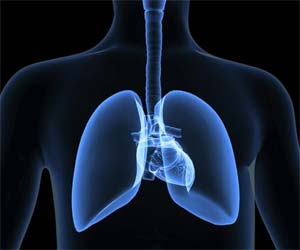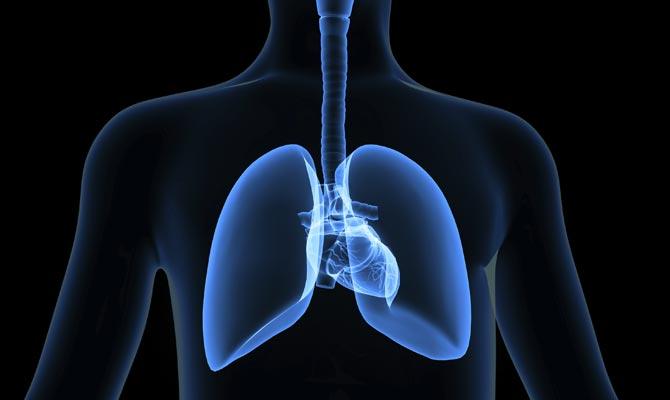The authors speculate that the decline in lung function is attributable to the irritation that most cleaning chemicals cause on the mucous membranes lining the airways

 Representational Picture
Representational Picture
Women who clean at home or at work face increased lung function decline over time as compared to women who don¿t, according to a study. In "Cleaning at Home and at Work in Relation to Lung Function Decline and Airway Obstruction," researchers at the University of Bergen in Norway analyzed data from 6,235 participants in the European Community Respiratory Health Survey. The participants, whose average age was 34 when they enrolled, were followed for more than 20 years.
ADVERTISEMENT
"While the short-term effects of cleaning chemicals on asthma are becoming increasingly well documented, we lack knowledge of the long-term impact," said senior study author Cecile Svanes, MD, PhD, a professor at the university's Centre for International Health. "We feared that such chemicals, by steadily causing a little damage to the airways day after day, year after year, might accelerate the rate of lung function decline that occurs with age."
The study found that compared to women not engaged in cleaning:
-Forced expiratory volume in one second (FEV1), or the amount of air a person can forcibly exhale in one second, declined 3.6 milliliters (ml)/year faster in women who cleaned at home and 3.9 ml/year faster in women who worked as cleaners.
-Forced vital capacity (FVC), or the total amount of air a person can forcibly exhale, declined 4.3 ml/year faster in women who cleaned at home and 7.1 ml/year faster in women who worked as cleaners.
The authors found that the accelerated lung function decline in the women working as cleaners was "comparable to smoking somewhat less than 20 pack- years."
That level of lung impairment was surprising at first, said lead study author Øistein Svanes, a doctoral student also at the Department for Clinical Science. "However, when you think of inhaling small particles from cleaning agents that are meant for cleaning the floor and not your lungs, maybe it is not so surprising after all."
The authors speculate that the decline in lung function is attributable to the irritation that most cleaning chemicals cause on the mucous membranes lining the airways, which over time results in persistent changes in the airways and airway remodeling. The study did not find that the ratio of FEV1 to FVC declined more rapidly in women who cleaned than in those who did not. The metric is used when diagnosing and monitoring patients with chronic obstructive pulmonary disease, or COPD.
The study did find that asthma was more prevalent in women who cleaned at home (12.3 percent) or at work (13.7 percent) compared to those who did not clean (9.6 percent).
The study also did not find that men who cleaned, either at home or at work, experienced greater decline in FEV1 or FVC than men who did not. The researchers took into account factors that might have biased the results, including smoking history, body mass index and education.
Study limitations include the fact that the study population included very few women who did not clean at home or work. These women, the authors wrote, might "constitute a selected socioeconomic group." The number of men who worked as occupational cleaners was also small, and their exposure to cleaning agents was likely different from that of women working as cleaning professionals.
"The take home message of this study is that in the long run cleaning chemicals very likely cause rather substantial damage to your lungs," Øistein Svanes said. "These chemicals are usually unnecessary; microfiber cloths and water are more than enough for most purposes."
He added that public health officials should strictly regulate cleaning products and encourage producers to develop cleaning agents that cannot be inhaled. The findings have been published in the American Journal of Respiratory and Critical Care Medicine.
Catch up on all the latest Crime, National, International and Hatke news here. Also download the new mid-day Android and iOS apps to get latest updates
This story has been sourced from a third party syndicated feed, agencies. Except for the change in headline, the story has been provided "AS-IS," "AS AVAILABLE, without any verification or editing from our side. Mid-day accepts no responsibility or liability for its dependability, trustworthiness, reliability and data of the text. Mid-day management/mid-day.com reserves the sole right to alter, delete or remove (without notice) the content in its absolute discretion for any reason whatsoever
Trending Video
 Subscribe today by clicking the link and stay updated with the latest news!" Click here!
Subscribe today by clicking the link and stay updated with the latest news!" Click here!







